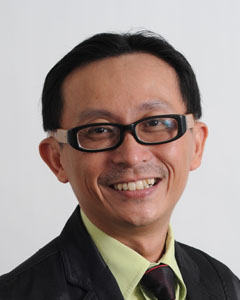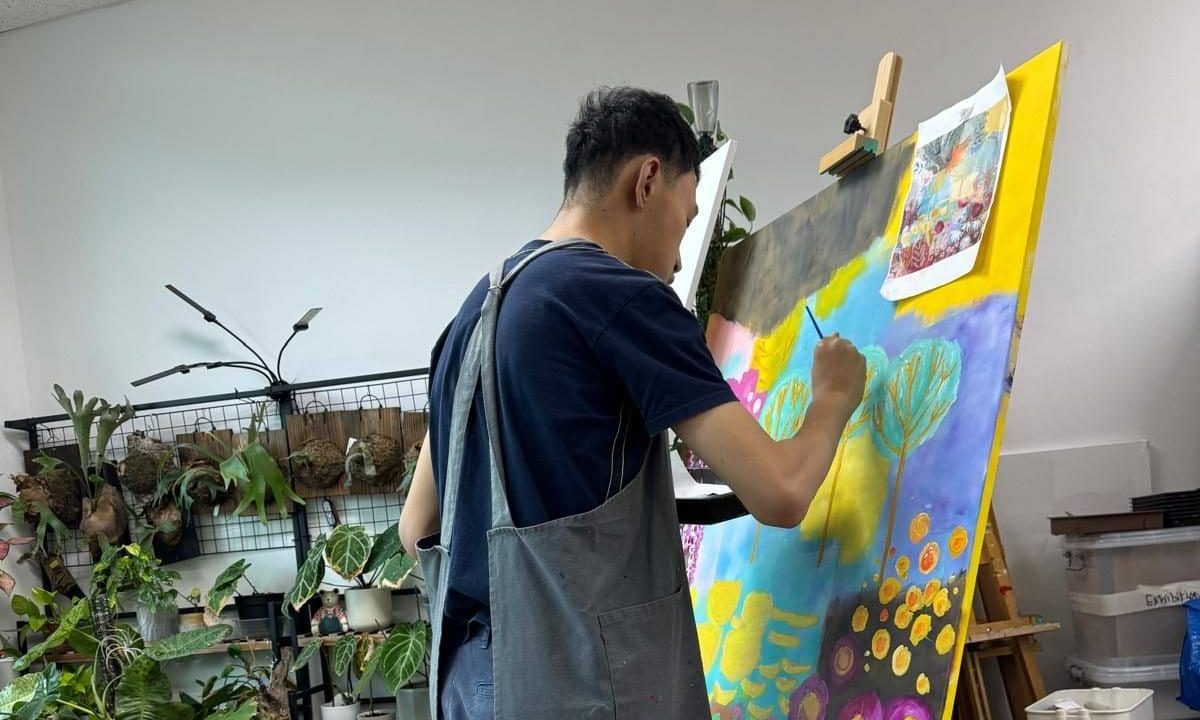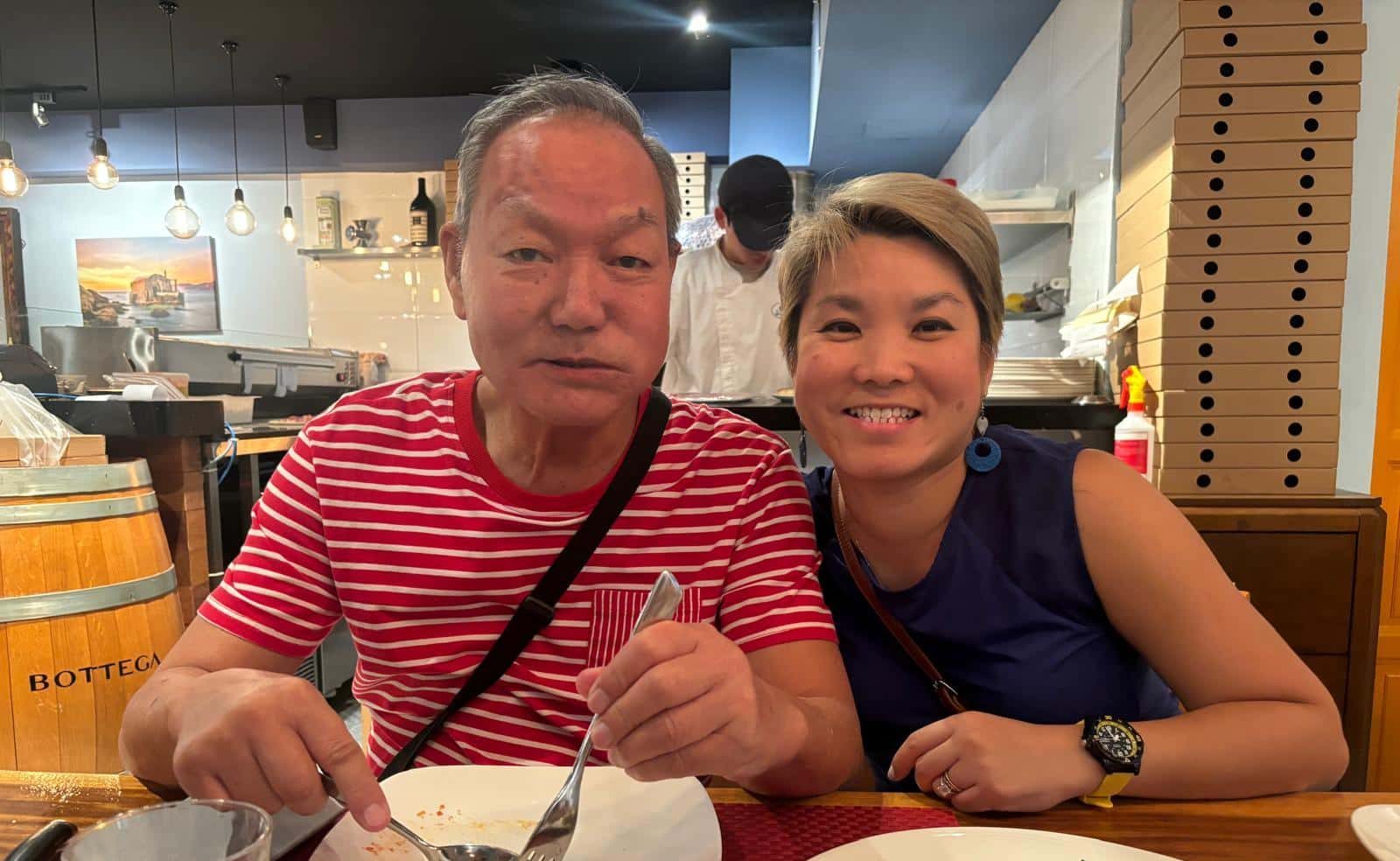Staying at home for my son with autism: One dad adjusts to life without a job title
Kelvin Seah // September 21, 2020, 4:40 pm
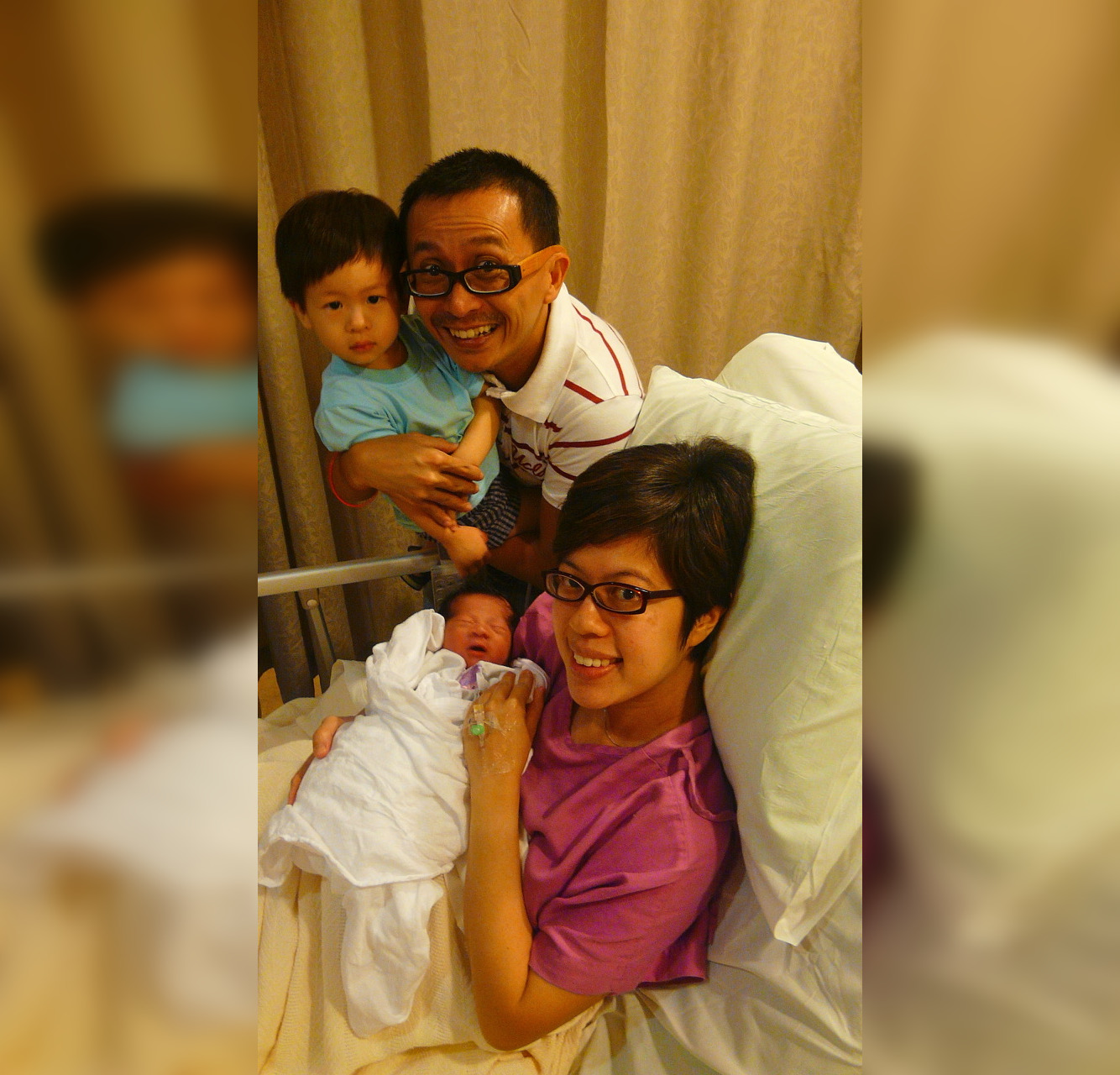
The author and his family at Caleb's birth in 2011. All photos courtesy of the Seah family.
When Caleb turned two, we noticed he liked to spin objects like a lid or a toy plate, and even large ones like a laundry basket.
We thought it was all in good fun. Maybe it was just a temporary thing? A fad that would fade?
We didn’t realise then that it was one of several early symptoms for autism.
Looking back, I guess we had suspected that Caleb, now age nine, had special needs. As a baby, he didn’t sleep easily, drank milk with great difficulty, ate little, but cried a lot. Compared to his older brother, he took longer to walk and talk.
Can it be fixed?
Over the next couple of years, we observed that Caleb lagged behind his peers in gross and fine motor skills.
When he was about four, we sent him to the Early Intervention Programme for Infants & Children (EIPIC). The service by Ministry of Social and Family Development (MSF) supports children with moderate to severe developmental needs and their caregivers.
His progress was glacier-slow.

Caleb (left) was 5, and Jaedon 7, in this family holiday to Taiwan. Their mum, Lim Shaw Hui, is a social worker.
By the time he turned six in 2017, we knew he wasn’t ready for mainstream primary school. We applied to the Ministry of Education (MOE) for a deferment. But to get it, he needed an official diagnosis.
It was a big step for us. We worried what an official diagnosis would spell for his assimilation into society in the future.
At the same time, we wanted to know, once and for all: Was Caleb autistic?
One month before he was due to start primary school, Caleb was officially diagnosed with Autism Spectrum Disorder (ASD) and Global Developmental Delay.
We still wrestle with bath time (where he’ll take his time standing under the running water, singing or monologuing).
We took comfort that his ASD was deemed moderate; it sounded far better than “severe”. Still, it meant that our world would never be the same again.
We struggled to come to terms with Caleb’s diagnosis. There were moments of disappointment, anguish, despair, anger and fear.
So many questions popped into our heads: Can autism be fixed? Would he (or we) ever have a normal life? What kind of learning path would help him?
The questions were endless. They ranged from pragmatic to existential.
What would his future look like when we, his parents, are six feet under? If there is a more bone-chilling question for a parent, I don’t know it.
God has heard
Part of me felt that God had dealt us a cruel hand, like in a poker game.
I still remember well the several years my wife and I spent praying and asking God why we were still childless. It seemed to me that His answer was nearly always the same: “Be still and know that I am God. I will be exalted among the nations, I will be exalted in the earth.” (Psalm 46:10)
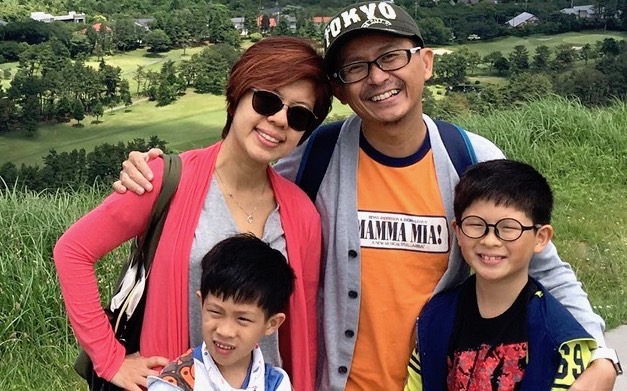
Caleb’s elder brother, Jaedon (right), now 11, was born after nine years of prayer. Jaedon means “God has heard.” Photo from a family trip to Japan in 2018.
After a while, all I could latch onto was the first part of that verse. My impatience and frustration mounted with each fruitless year that came and went.
“Why God? Oh, why?” I often asked, completely forgetting the second part of that verse.
It was only after nine years of waiting, when my eldest was finally born in 2009, that I understood.
I’ve had to review my value and worth as a husband, father and man – not easy, given the mundanity of child-minding.
The longing that seemed out of reach was suddenly quenched. Our exultation at His goodness rang loud and clear to all who knew our struggles and celebrated with us. God was indeed exalted “among the nations” and “in the earth”.
To glorify God and this miracle birth, my wife and I named our baby Jaedon. Which means “God has heard”.
Yet after that near-decade wait, we found ourselves once again put to the test with Caleb.
Why this new (and far greater) challenge God? Why?
A lit path
But there was no time to dwell on this. We needed to help Caleb overcome major challenges he would face growing up.
At the start of 2018, Caleb repeated his final year in kindergarten. We thought it would give us more time to prepare him for a mainstream primary school education.
His answer was nearly always the same: “Be still and know that I am God.”
At the same time, I applied for a one-year sabbatical from full-time teaching to stay home with Caleb. When freelance work came my way, I left teaching to focus on that since it allowed me to work from home.
However, by mid-year, it was clear Caleb was not ready for mainstream education.
So we enrolled him at Pathlight School, which offers children with mild to moderate autism a mainstream academic curriculum. Class sizes are much smaller, and the learning is at a pace more suited to the unique learning challenges of these students.
Life outside a job title
My freelance work eventually overtook meaningful time with Caleb and his brother, and I decided to give it up to focus fully on them.
I never second-guessed my decision although I had to reorientate myself to life outside of a job title and a monthly paycheque.
I’ve also had to constantly review my value and worth as a husband, father and man – not easy, given the day-to-day mundanity of child-minding at home. And this was way before Covid.
I was getting an inkling of what Jesus endured leaving His celestial kingdom for our pain-filled earth.
When all you have to show after a long and trying Tuesday is a completed math worksheet, let’s just say it’s beyond humbling to justify my worth and identity this way. At least I was getting an inkling of what Jesus endured leaving His celestial kingdom for our pain-filled earth.
The Scripture about Jesus and His sacrifice came quickly to mind: “Who, being in very nature God, did not consider equality with God something to be used to his own advantage; rather, he made himself nothing by taking the very nature of a servant, being made in human likeness. And being found in appearance as a man, he humbled himself by becoming obedient to death — even death on a cross!” (Philippians 2: 6-8)
Confronted by so powerful a model of humble living, it really puts things into perspective in every Christian’s life and service on earth.
Model dad
Of course, that’s not to say that life gets instantly smoother once it’s bolstered by scriptural truths and assurances. There still exists the daily challenge of adjusting my expectations of, and patience with, Caleb and his drawn-out developmental delays.
We still wrestle with drooling and bed-wetting (he wears a bib during the day and diapers at night) and bath time (which he’ll find ways to avoid, or else take his time standing under the running water, singing or monologuing).
That’s not to say that life gets instantly smoother once it’s bolstered by scriptural truths and assurances.
… Don’t even get me started on his eating habits.
Still, I wouldn’t trade Caleb nor my time as a stay-at-home dad for anything.
It has made me rely even more on God’s strength and sustenance.
On days when things get too much, I fall back on Scripture, particularly in the Psalms: “I lift my eyes to the hills – where does my help come from? My help comes from the Lord, the Maker of heaven and earth.” (Psalm 121:1-2)
Meanwhile, our family’s journey with Caleb continues by the grace and enabling of our heavenly Father, the best model of a stay-home dad ever.
Cover our schoolchildren with these prayers, urge parents and educators
We are an independent, non-profit organisation that relies on the generosity of our readers, such as yourself, to continue serving the kingdom. Every dollar donated goes directly back into our editorial coverage.
Would you consider partnering with us in our kingdom work by supporting us financially, either as a one-off donation, or a recurring pledge?
Support Salt&Light